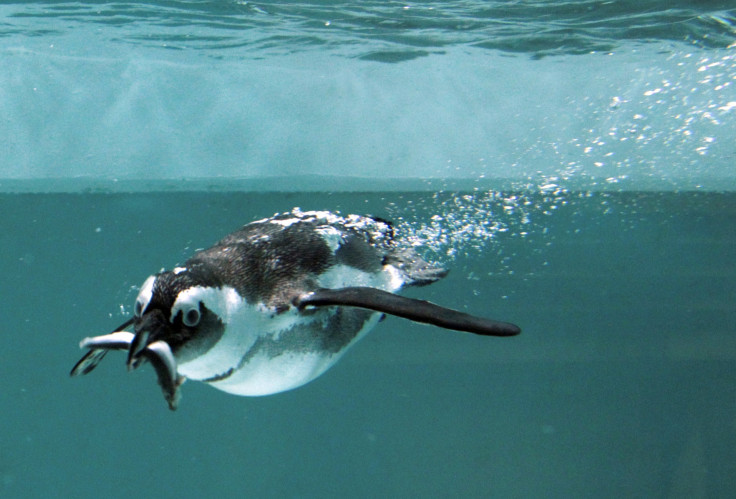Adelie Penguin Population Doubles In East Antarctica Over Past 30 Years

The top level predators in Antarctica seem to have grown in great numbers. According to a new study published in the journal PLOS ONE, the Adelie penguin population in East Antarctica has nearly doubled in the last 30 years.
Adelie penguins are considered to be the top level predators in the Antarctica region. The researchers say that a two-fold increase in the population reflects the changes that might have taken place in the lower levels of the food chain or the underlying changes in the sea-ice environment.
A team of researchers from Australia, Japan and France used aerial photographs and observations taken from the ground to note the number of Adelie penguins at 99 sites along the East Antarctic coastline. The observations were taken during the recent summer breeding season.
A comparison of the current statistics with the historical records for the same site taken nearly three decades ago revealed that the regional population of the penguins has increased by nearly 69 percent.
The researchers say that limited data available on East Antarctic ecosystem makes it difficult for them to identify the conditions that could have potentially triggered the increase in penguin population. However, they attribute the population increase to two main factors that have changed in the region over a period of time.
“Prior to current sustainable fishing practices, the harvesting of baleen whales, krill and fish across East Antarctic waters through the 20th century could have reduced competition between Adelie penguins and other predators for food, and improved prey availability,” said Dr Colin Southwell, an Australian Antarctic Division seabird ecologist. “A proposed reduction in sea-ice extent in the mid-20 century may also have benefited Adelie penguins by enabling better access to the ocean for foraging.”
The researchers further say that the future penguin population will depend on complex interactions between human activities such as ecotourism and fishing, and the changing physical environment.
© Copyright IBTimes 2024. All rights reserved.





















